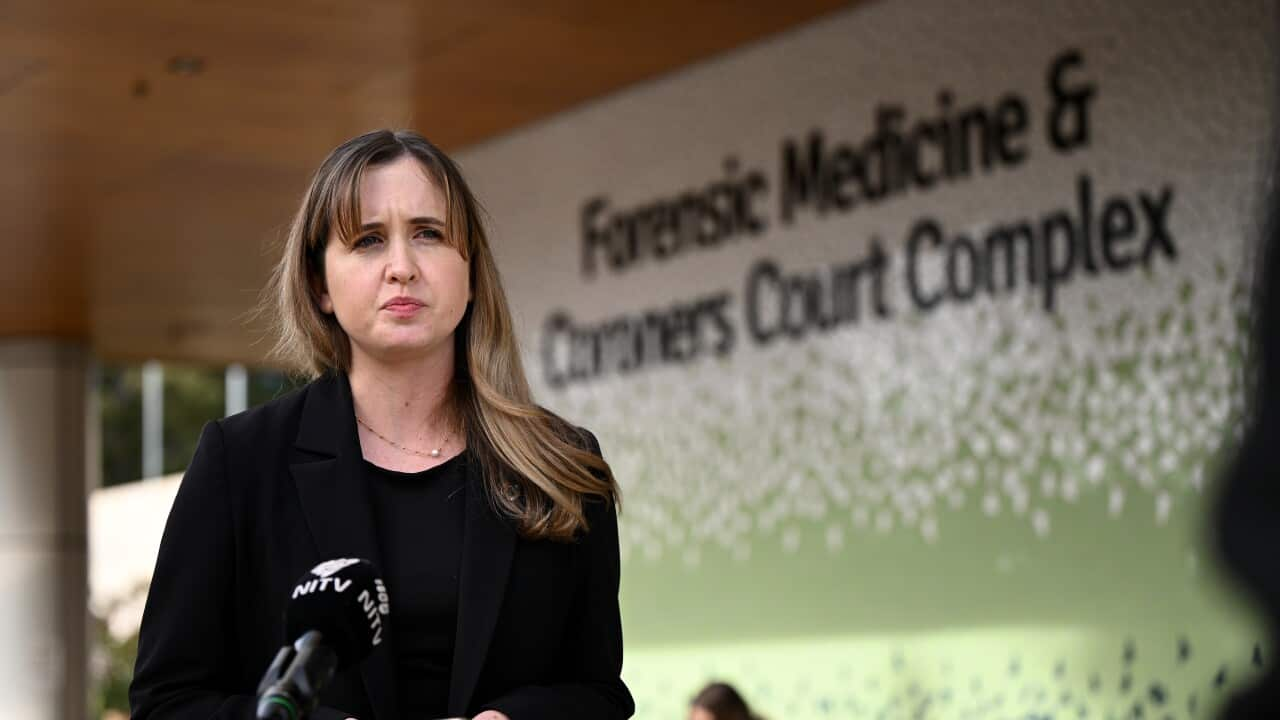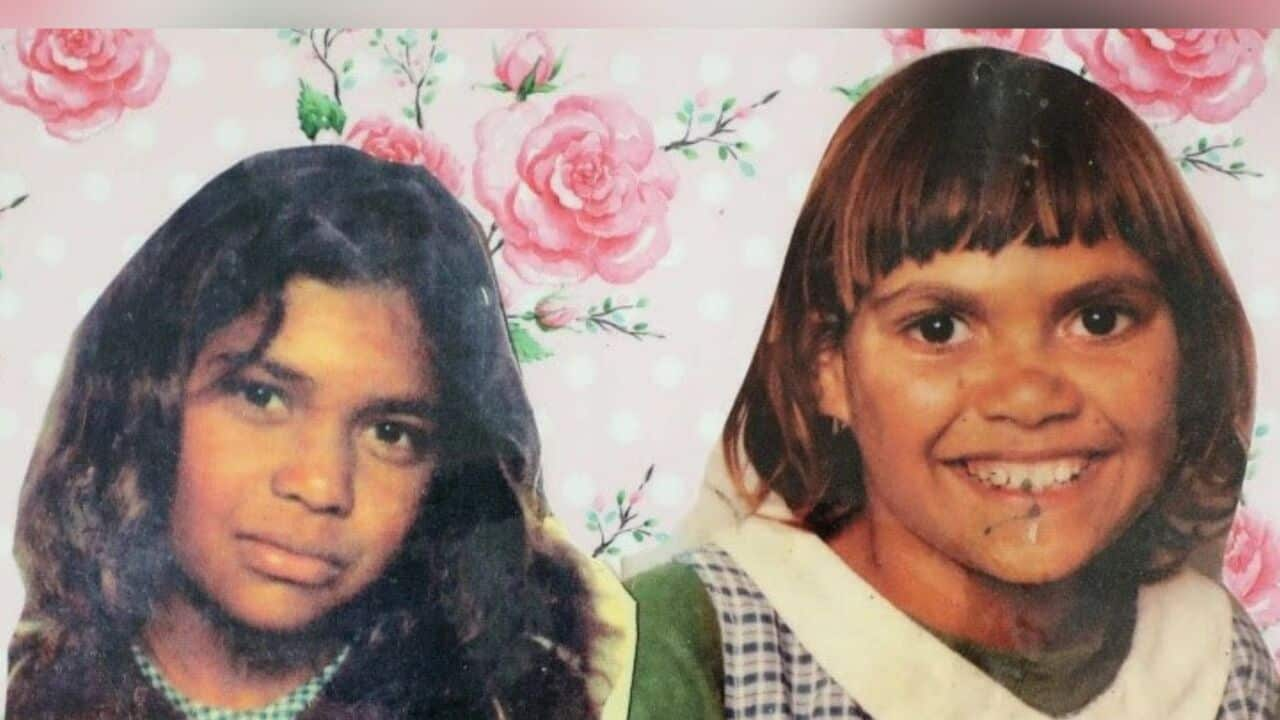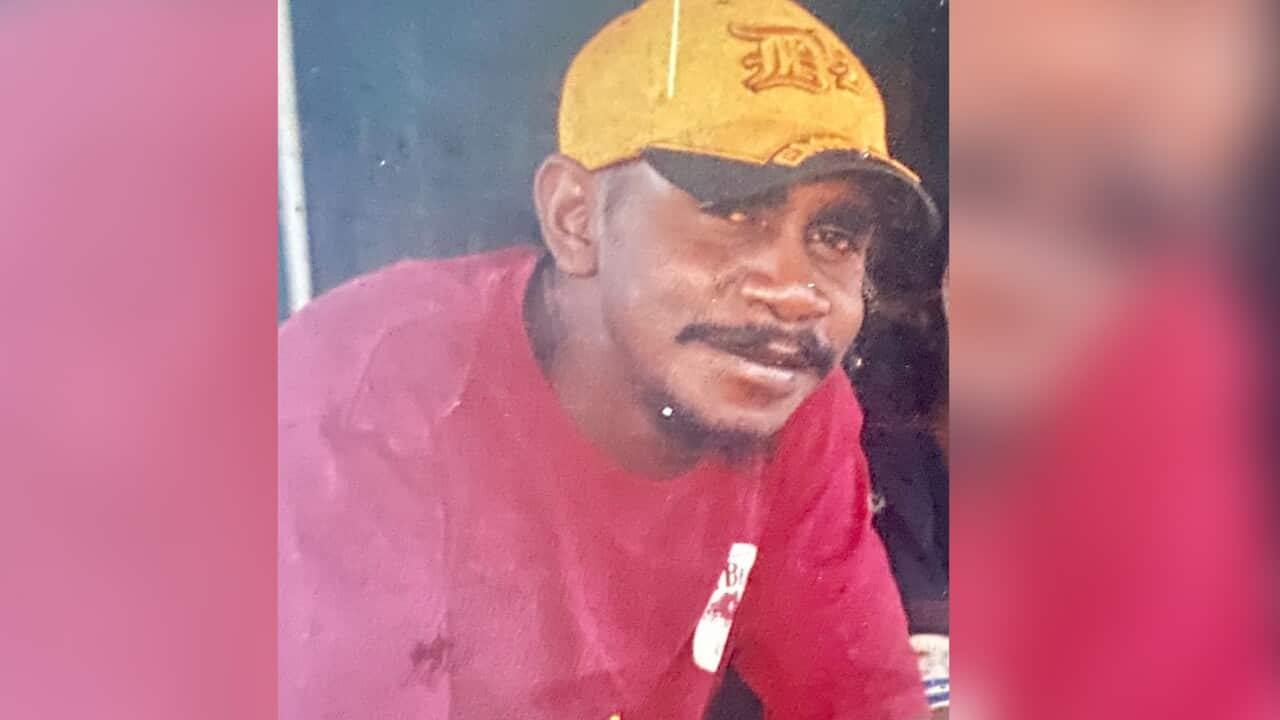44-year-old Awabakal man Michael Baker died alone and in pain in his cell at Lithgow Correctional Centre in 2019.
A coronial inquiry on Thursday found that while Mr Baker's cause of death was cardiac arrhythmia, understaffing of prison doctors and nurses meant the care he received fell "well short of an appropriate level".
Lithgow Correctional Centre had just one regular GP working six hours a week to care for hundreds of inmates, the inquest revealed.
Mr Baker spent a short time in hospital in the months leading up to his death after collapsing in his cell, with one guard describing him as appearing to have a seizure.
However, after being discharged from hospital and returning to prison, Mr Baker received no follow up care from a GP.
Deputy State Coroner David O'neil identified 13 failings in Mr Baker's health care.
"Even after such a serious episode, Michael did not receive the care he required and deserved," Deputy State Coroner O'Neil said in his findings.
"This was a gross lapse in the standard of care provided to Michael."
Mr O'Neil called Indigenous deaths in custody a "blight on society" that would continue as long as the custodial health system remained underfunded.
Despite the failings identified in Mr Baker's care, the inquiry did not identify any breaches of Corrective Services NSW policy, nor did it make any formal recommendations.
The attending GP at Lithgow Correctional Centre, John Dearin, told the inquiry some patients reported waiting over six months to be seen.
The court heard that Dr Dearin visited the jail one day a week for six hours to care for up to 420 patients - in addition to occasional visits by another GP - which was deemed in the findings to be "wholly insufficient".
"Ideally I should have seen (Michael) much sooner, but tragically I didn't," Dr Dearin told the inquest.
In addition to other conditions, Mr Baker suffered from "extremely painful" ingrown toenails for which he unsuccessfully sought treatment.
Mr Baker was referred to see a podiatrist and be issued with wider toed shoes to relieve pressure on his feet, neither of which eventuated.
"Michael spent the last months of his life in pain which was clearly identified and treatable," Mr O'Neil said.
Emma Parker from the Aboriginal Legal Service alluded to the Royal Commission into Aboriginal Deaths in Custody that was released more than three decades ago.
"How is this still happening?" Ms Parker asked.
Ms Parker said that everyone should have a right to adequate healthcare.
"Michael's health care in custody was not up to the standard we would expect in a civilised society.
"They have the tools to reduce deaths in custody, but government need to act on it.
"No one should die this way, yet more than 560 Aboriginal and Torres Strait Islander people have died in custody and police incidents since the Royal Commission," Ms Parker said.
13YARN 13 92 76
Lifeline 13 11 14













